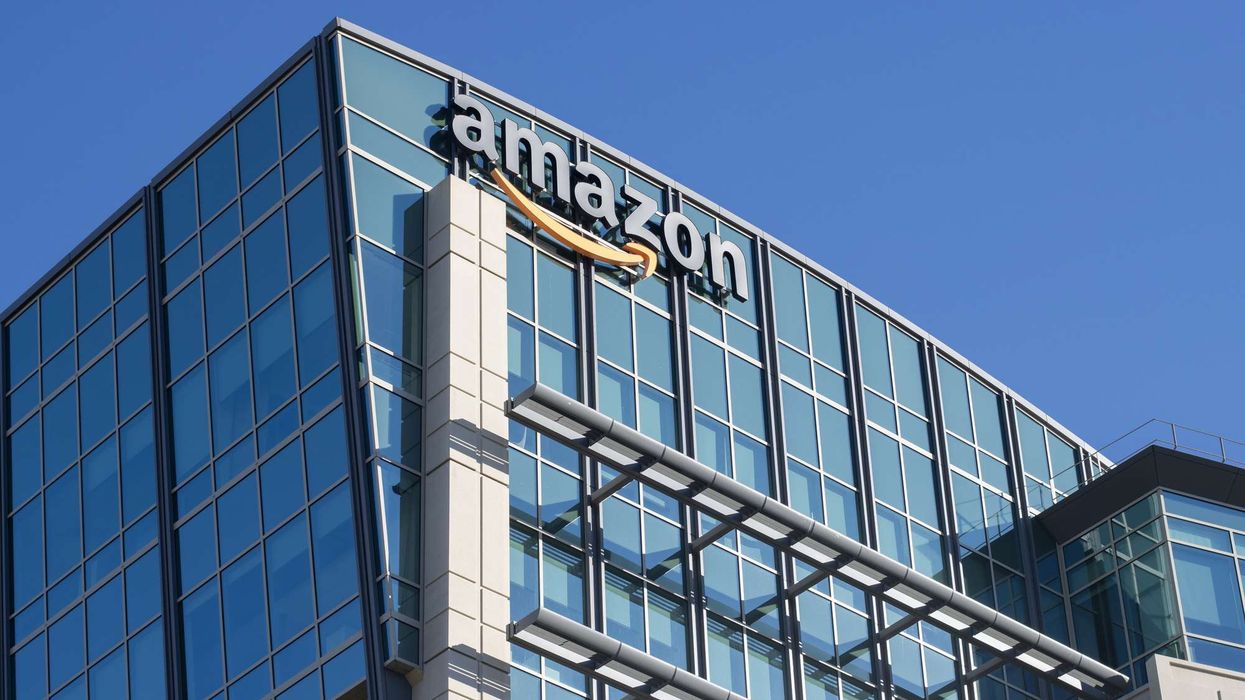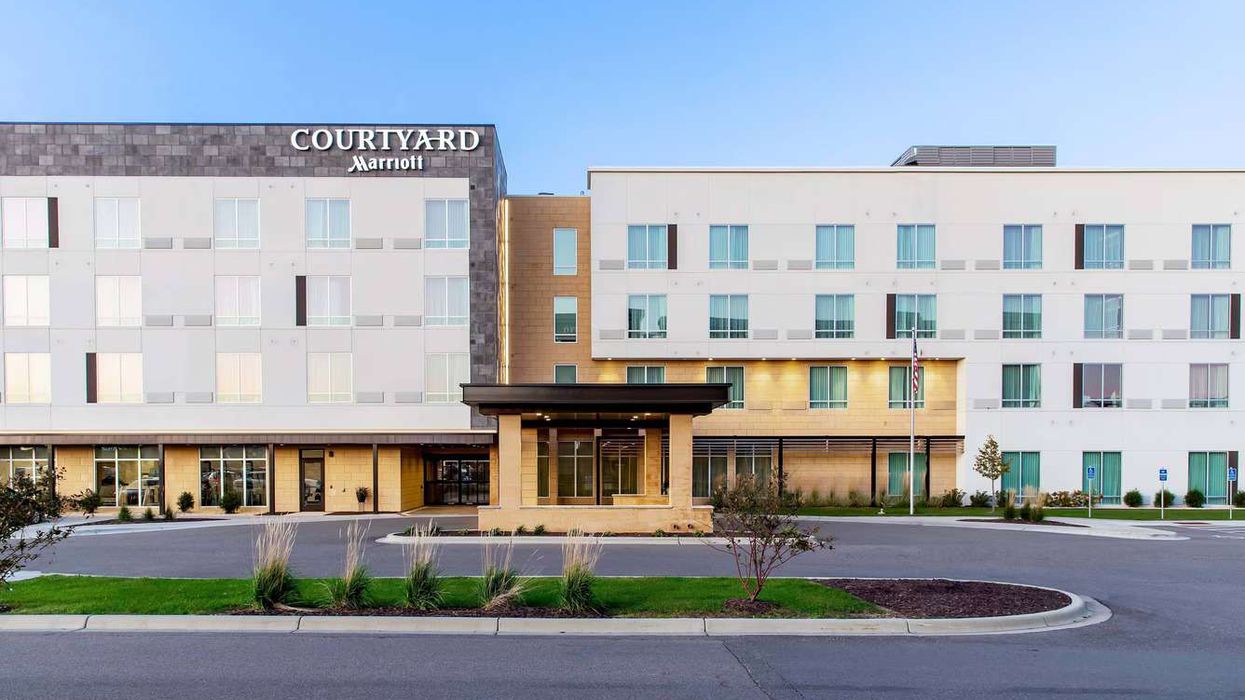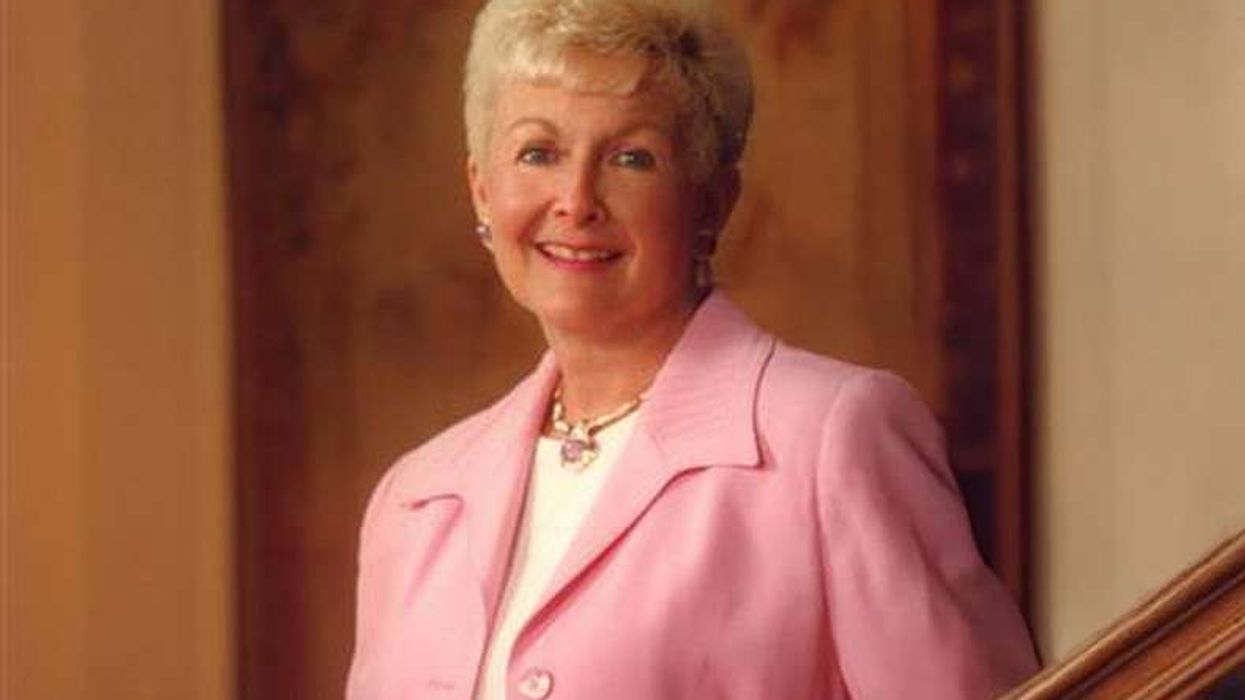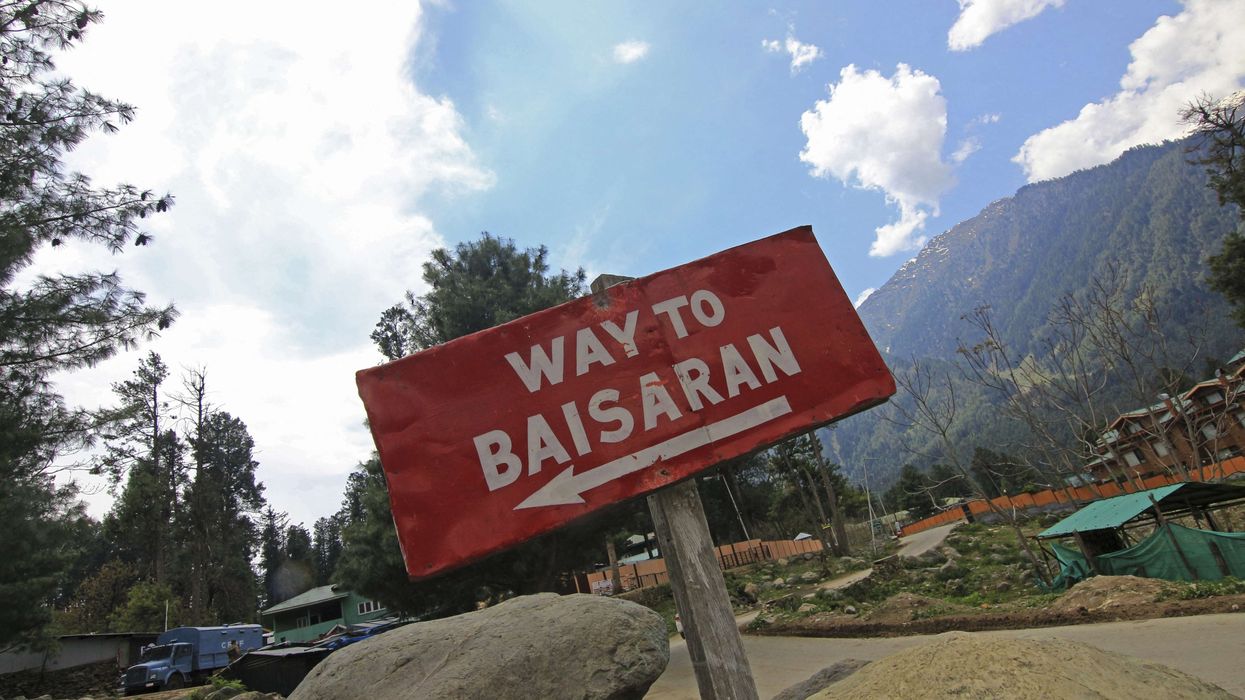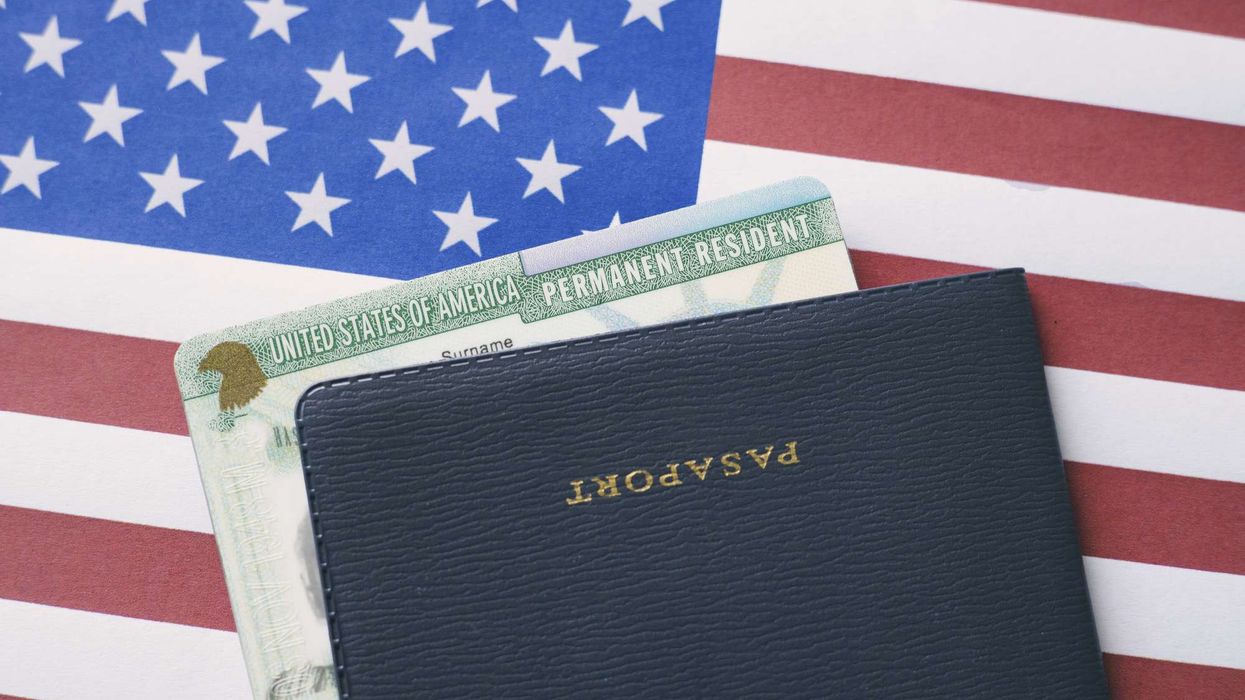THE RECOVERY FROM the COVID-19 pandemic is happening in the New Orleans area and nationwide. It’s just a little slow, said Vimal Patel, President of Qhotels Management, and the industry still needs help from above in the form of some new stimulus measure.
Patel’s business was particularly hard hit by the pandemic because New Orleans was an early hot spot of the virus. Now he is seeing some upticks in occupancy, enough to give him some glimmer of hope, but it’s not enough.
“Think about it this way: You were driving at 100 mile an hour and all of a sudden, you have grounded to a stop completely,” Patel said. “Then maybe you get to 40 mile an hour, but it's still nothing towards what you were doing.”
In pre-pandemic times his hotels brought in an average $200,000 per month. Then, in March and April they made around $25,000 a month, and now he’s making around $55,000 per hotel. The LaPlace, Louisiana-based company’s portfolio includes several brands from Wyndham Hotels & Resorts, InterContinental Hotels Group, Best Western Hotels & Resorts in Louisiana and Texas.
“It's still nowhere near what it is to pay the debt and pay for basic necessities,” he said.
Patel said he applied early for the Small Business Administration's Economic Injury Disaster Loans as well as Paycheck Protection Program relief, both of which were designed to provide quick help for small businesses so they could keep staff on payroll and pay essential bills. He was quickly disappointed.
“When it got rolled out it was supposed to be $2 million [per hotel] then it got reduced down to $500,000. By the time I got an approval for my hotels, the amount got reduced down to $150,000. That is not even making two months worth of note payments if you had to survive and do that,” he said. “That is really not serving the purpose that Washington intended. It's not helping the small business owners like us, it is not even 10 percent of our of the of the revenue we need.”
Several new stimulus bills are under discussion in Congress now. Along with the ‘‘Health and Economic Recovery Omnibus Emergency Solutions Act,” which is currently facing the most debate in Congress, there is the “Main Street Lending Program” and the “Reviving the Economy Sustainably Towards a Recovery in 2020 Act” that was introduced in May. What comes after those bills, as experts say something must, is hard to determine.
Walking on Main Street
For now, the HEROES Act is the least likely to pass into law, said Mark Owens, executive vice president and head of hospitality capital markets for CBRE Hotels.
“It seems like things are not moving as quickly on the HEROES Act side, but the Main Street Lending program side is interesting and it should help create liquidity for a lot of the ownership companies, depending on how they look at it using it,” Owens said. “Unfortunately, I think it does seem like politics are a challenge at the present time with respect to the HEROES Act.”
The Main Street program includes three facilities for new loans, priority loans and expansion on existing loans, according to the Federal Reserve. It is aimed toward small and medium-sized businesses with 15,000 employees or fewer and 2019 revenues of $5 billion or less. It issues 5-year loans with deferred principal payments for two years and deferred interest payments for one year.
“Main Street is focused on providing liquidity to the midsize corporate segment,” he said. “It's another stimulus measure, basically, that injects liquidity into larger companies that may not have been able to rely on PPP and some of the other programs that have been initiated.”
Time to RESTART?
Patel is not counting on the Main Street program, however, since it also has more restrictions in place. He has been watching the RESTART Act closely, however.
“The RESTART Act is supposed to allow the businesses to get up to 45 percent of their revenue of the previous year on the same loan,” he said. “But again, until it becomes a bill and passes to the House we won't know.”
Patel said his company established a strong line of credit to use in this kind of situation, but he does not currently have access to it.
“Because of this downturn in business the line of credit is temporarily frozen because the banks are making sure the asset value is held and then if there is not enough liquidity they don't risk the line of credit,” he said.
He’s hoping the money he did receive from the PPP can buy some time until the line of credits is released or business picks back up, Patel said. However, another challenge he faces comes from commercial mortgage backed security loans.
“They have all kinds of restrictions and clauses, so even in order to receive the PPP money, you have to approach these guys. And then you have to engage the legal team, you have to pay $5,000, $7,500 just to ask for an approval, which does not mean that this CMBS lender to allow you to take the PPP money,” Patel said.
It’s hard to say how much longer the hard times will last, Patel said.
“The third quarter is supposed to be a very strong quarter because of the New Orleans conventions and meetings that happen and the festivals that happens,” he said. “But all that is gone out the window in New Orleans so in the third quarter you’re going to struggle as well.”
Demand versus supply
It seems likely that the hotel industry will need federal stimulus money for some time more, Owens said, but it’s difficult to say how much longer that will be the case.
“That's a difficult question to answer because every day, especially as we're seeing caseloads change, it changes the potential outlook. Other than resort locations and drive to markets, which we've seen rebounding from a hotel performance perspective, really the vast majority of hotels, not just in America but globally, require and are dependent on business travel,” he said. “Until the business community is comfortable getting on planes or congregating, there's going to be significant disruption in travel behavior and thus the hospitality business.”
CBRS has forecast that the U.S. hospitality industry will be back to 2019 levels of performance by 2023, Owens said. With such a large gap of time, Owens said there is some reason for concern over whether Congress will continue to fund future stimulus.
“I think that's the big question. And I think some of it is actually going to be tied to how these COVID-19 cases spike and what local economies start doing. There's clearly a divide across the spectrum of how long and how much is needed,” he said. “The Main Street Program, for example, is set up to provide liquidity for a fair amount of time. It’s essentially a four-year provision. So, drawing on those funds to allow someone to cover especially this year and next in part is key.”
Given the fact that the hotel industry employs one in 25 American workers, Owens said the government should take an interest in preventing further disruption in their business.
“I think that additional stimulus is necessary if we cannot get people back to work,” Owens said.
Patel is not optimistic about the coming months and the chances of future stimulus. He will take what he can get, though.
“Anything is better than nothing, and if we can get two months out of it, you know that that's two months that we didn't had before,” Patel said.
Another factor, of course, is the possibility of a resurgence in COVID-19 cases in the fall.
“In New Orleans is one that we are skeptical about because that's our direct market that impacts us the hotel side of it. We are carefully monitoring that and obviously we are scared about that, that should an uptick happen and here we go again with a lockdown,” Patel said. “Whatever momentum that we may have gained after the phase two opening of the state of Louisiana, that will probably kill us quite a bit. So, that's something that we are very scared about.”




